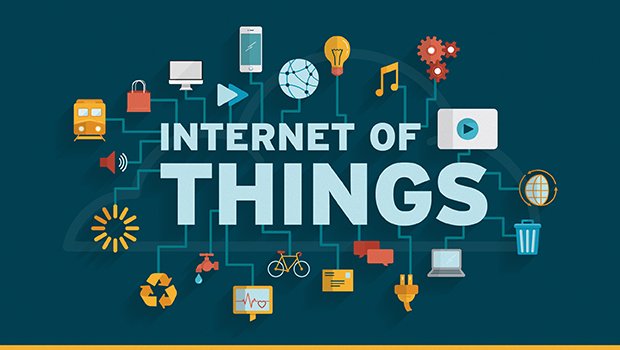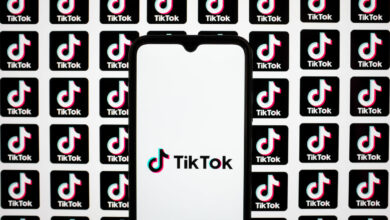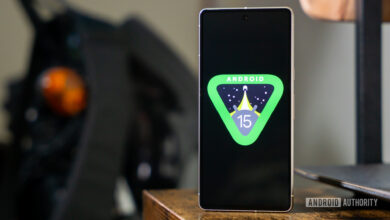The Internet of Things: how connected devices are changing our daily lives

The Internet of Things (IoT) refers to the interconnectivity of various devices and objects, enabling them to exchange data with one another through the Internet. With the advent of IoT, our daily lives are becoming increasingly connected, and the impact of this trend is significant.
One of the most notable ways in which IoT is changing our lives is through the emergence of smart homes. With IoT-enabled devices such as smart thermostats, lighting systems, and security cameras, homeowners can control their homes remotely and automate various functions. This technology makes our homes more energy-efficient, secure, and convenient.
IoT is also transforming the way we live and work in urban environments. Smart cities are being developed around the world, with IoT-powered systems that monitor traffic, reduce energy consumption, and improve public safety. This technology has the potential to make cities more livable and sustainable.
In the healthcare industry, IoT is facilitating the development of wearable devices that can monitor vital signs and track fitness levels. This technology enables patients to monitor their health in real time and empowers healthcare providers to offer more personalized and effective treatments.
Finally, IoT is also driving the development of autonomous vehicles. With IoT-enabled sensors and software, self-driving cars are becoming a reality, promising to revolutionize the way we commute and travel.
Overall, the Internet of Things is changing our daily lives in numerous ways, making our homes, cities, and workplaces more efficient, secure, and connected than ever before. As IoT technology continues to evolve, we can expect even more transformative changes in the years ahead.
As IoT technology continues to develop and expand, we are likely to see even more ways in which it impacts our daily lives. For example, IoT could revolutionize the way we shop, with smart shelves that automatically reorder products as they run low, and checkout-free stores that use sensors to track purchases.
In the agriculture industry, IoT has the potential to improve crop yields and reduce waste. By using sensors to monitor soil moisture, nutrient levels, and weather conditions, farmers can make more informed decisions about planting and irrigation, leading to more efficient and sustainable farming practices.
In the manufacturing sector, IoT is facilitating the development of “smart factories,” where machines and equipment are interconnected and communicate with one another to optimize production processes and reduce downtime.
However, as with any technological advancement, there are also potential challenges and concerns associated with IoT. For example, the collection and storage of vast amounts of data from interconnected devices raise privacy and security concerns. It is important for policymakers, industry leaders, and consumers to work together to address these issues and ensure that IoT technology is developed and implemented in a responsible and ethical manner.
In conclusion, the Internet of Things is a transformative technology that is changing our daily lives in countless ways, from smart homes and cities to healthcare and transportation. As technology continues to develop, it has the potential to create even more significant impacts on our society and economy. It is important to approach this technology with caution and responsibility, ensuring that we reap its benefits while addressing its challenges.


